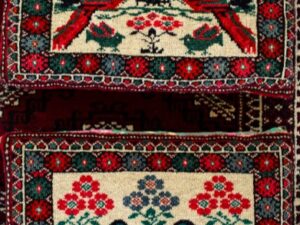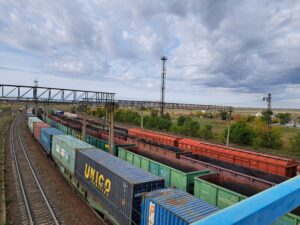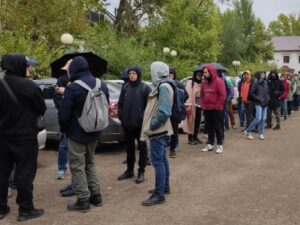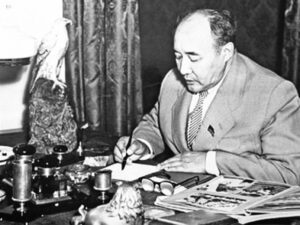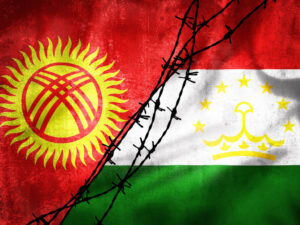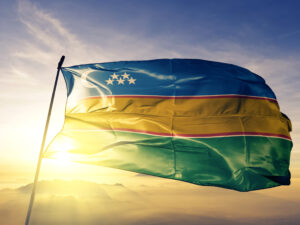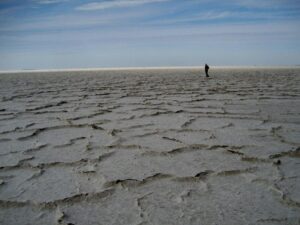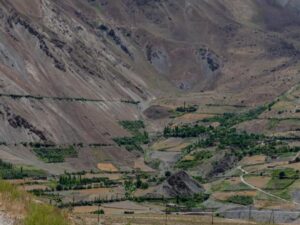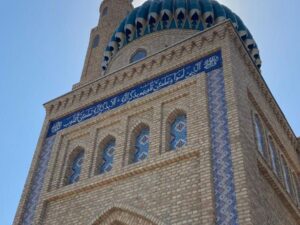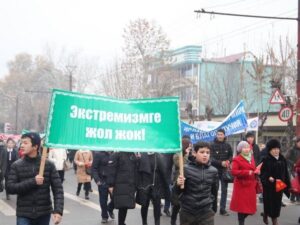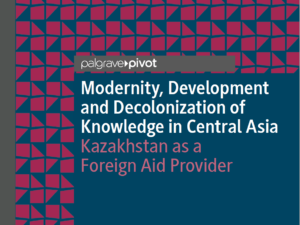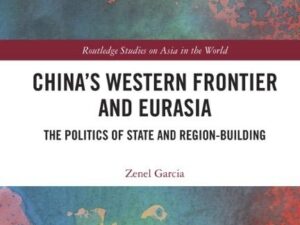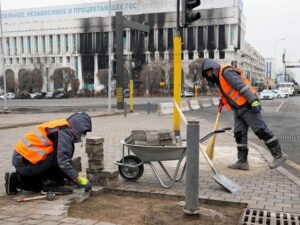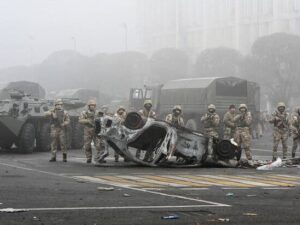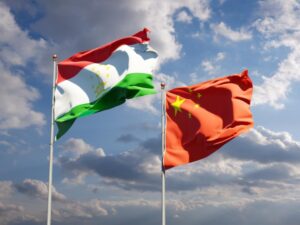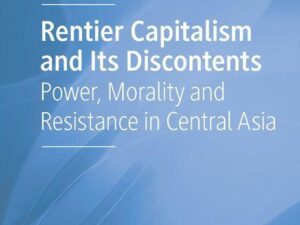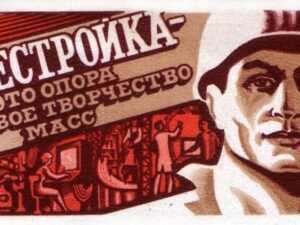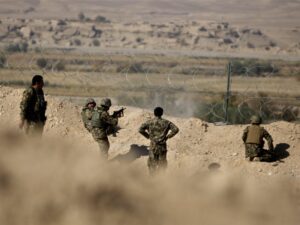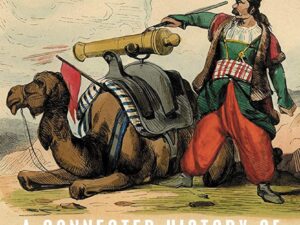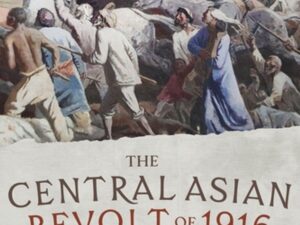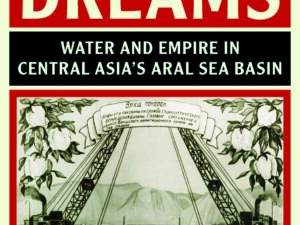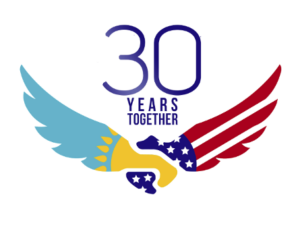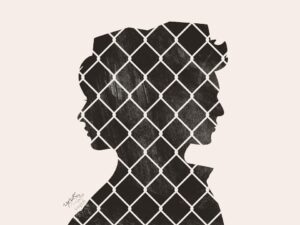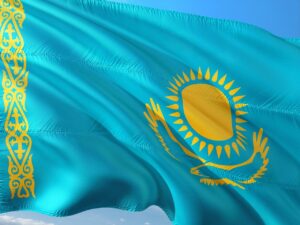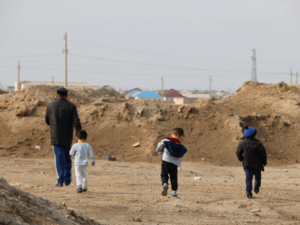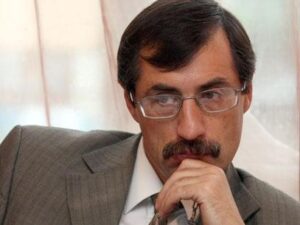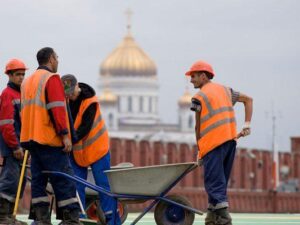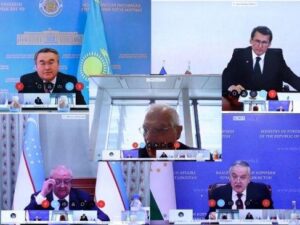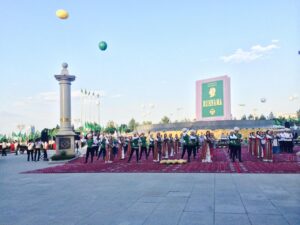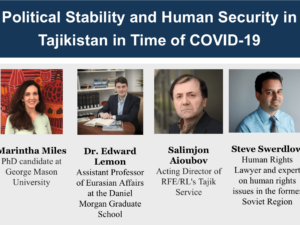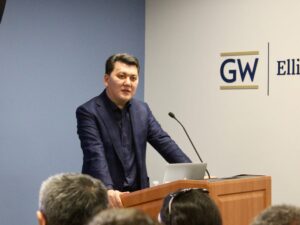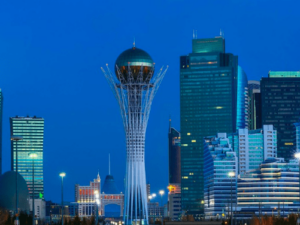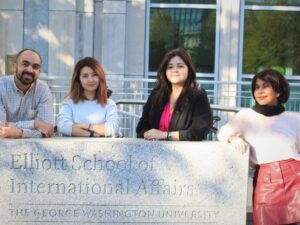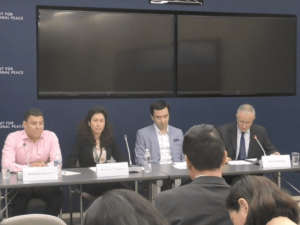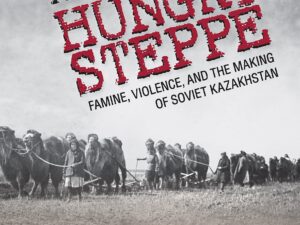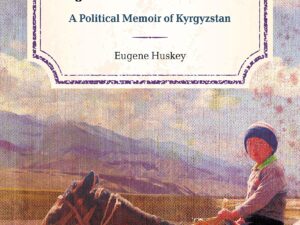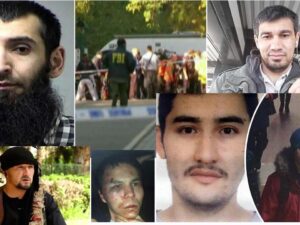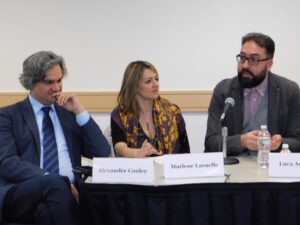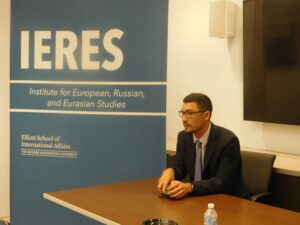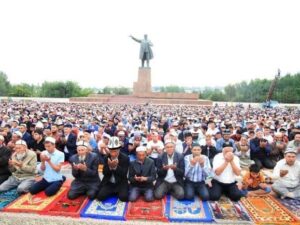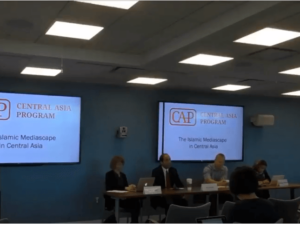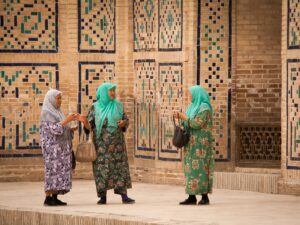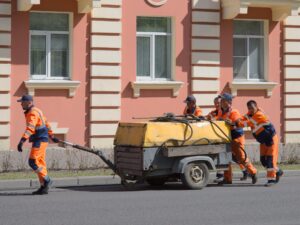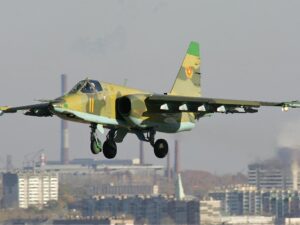
- This event has passed.
Re-Evaluating Georgia’s Position in the South Caucasus Conflict
20 June, 2024 @ 11:00 AM – 12:15 PM
In the 1990s, Pres. Eduard Shevardnadze declared that “Transcaucasia is our mutual home,” implying that Azeris, Armenians, and Georgians could live together peacefully in the region, just as they do inside Georgia, provided their governments’ propaganda did not interfere. However, after 2008, when Russia intervened and recognized Abkhazia and South Ossetia as independent states, some ethnic Armenians living in the Azerbaijani territory of Nagorno-Karabakh hoped that their region would be next.
The geopolitical landscape of the South Caucasus underwent significant changes in 2020. It would have been hard to imagine that Georgia, which severed diplomatic relations with Russia in 2008; and Azerbaijan, whose population accused Moscow of supporting separatists; would drift towards Russia—while Armenia distanced itself, accusing Russia of betrayal. After Azerbaijan’s military intervention in Nagorno-Karabakh in 2023, some experts suggested that Georgian leaders might hope to restore Georgia’s unity as well.
Given its Christian heritage and historical ties with Armenia, can Georgia act as an impartial peace broker between Armenia and Azerbaijan, or will it always be influenced by Azerbaijan due to the crucial oil and gas routes through its territory? Did Georgia support only Azerbaijan during the recent wars in 2020 and 2023, upholding the principle of territorial integrity over that of self-determination? Can Georgia’s de facto leader, the oligarch and former prime minister Bidzina Ivanishvili, hope to reclaim Abkhazia without major bloodshed in exchange for abandoning Georgia’s pro-Western, pro-NATO stance, as Tom De Waal has recently suggested? Will Georgia’s impartiality be compromised by its economic dependencies? And whose influence is stronger in Tbilisi: Georgia’s Armenian or Azeri communities?
SPEAKERS:
Shorena Lortkipanidze is the founder and a board member of the Civil Council on Defense and Security, a nongovernmental organization established in Tbilisi, Georgia in 2011. She is also a board member of the Georgian Institute of Politics. She is a PhD candidate at Tbilisi State University, where she teaches in the gender studies master’s program and the International Development and International Relations program. Her professional interests include foreign policy, defense and security policy, security sector reform, nuclear security and nonproliferation, peace and conflict studies, gender and diversity, and social and political transformation processes.
Alexander Iskandaryan is a prominent expert on politics, nationalism, and the contemporary history of Armenia, the South Caucasus, and Eurasia. He is a political scientist and the Director of the Caucasus Institute in Yerevan, Armenia. He has authored numerous works on these topics, presented papers, and has talked at numerous conferences.
Ahmad Alili is a researcher in international public policy and regional security of the South Caucasus, the Eastern Partnership countries, and neighboring regional powers. He is part of several peacebuilding initiatives supported by the EU, UN, and Partnership for Peace Consortium. Currently, he is the director of the Caucasus Policy Analysis Centre (CPAC), a Baku-based independent think tank promoting regional integration in the South Caucasus. He is also a lecturer at the Academy of Public Administration on the role of nonstate actors in regional security, geopolitics, public management, and good governance.
MODERATOR:
Mikail Mamedov holds a PhD in History from Georgetown University, where he is also a Lecturer in History and the Liberal Studies Program of the School of Continuing Studies. His multiethnic Azeri-Armenian family arrived in the US back in 1996, in the wake of the outbreak of the Karabakh conflict. He holds an MA from The George Washington University and a Diploma in History from Moscow Lomonosov State University. He has authored numerous articles on the history of the Caucasus, and on contemporary literature and the Karabakh conflict.




